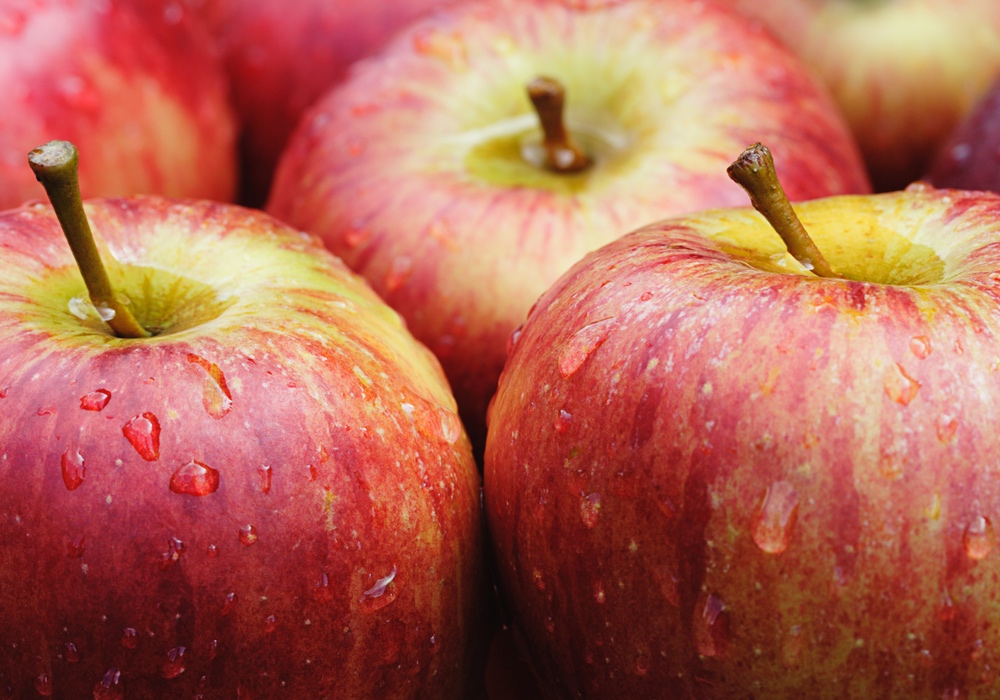When kidneys become diseased due to high blood pressure, their ability to eliminate acid from the body is reduced. This creates a condition called metabolic acidosis, excessive levels of acid in the blood.
Kidney patients often take medications that contain sodium bicarbonate to neutralize this excess acid, but a new study finds that, for many, there is a much simpler, far less expensive, solution — eating more fruits and vegetables.
That's because many fruits and vegetables, like potatoes, green beans, apples, spinach and raisins, naturally reduce acid once they are digested. The question is whether diet alone could do enough to neutralize kidney patients' acidosis? A new study suggests that it can.Patients who increased their intake of fruits and vegetables not only had lower blood pressure readings, they spent nearly half as much money on blood pressure medication, saving around $80,000 over the five years of the study.
Using over 100 kidney patients, researchers randomly divided them into three groups: one ate more fruits and vegetables; another received treatment with sodium bicarbonate; and a third received no treatment at all for acidosis. All were given medications to manage their blood pressure.
After five years, the patients who increased their intake of fruits and vegetables not only had lower systolic blood pressure readings, but they spent nearly half as much money on blood pressure medication, saving around $80,000 over the course of the study, compared to the groups that received treatment with sodium bicarbonate or no treatment.
Many of the study participants lived in neighborhoods with no access to fruits and vegetables, so they were provided to their families.
“It was remarkable that we achieved better blood pressure control using fewer drugs and without forcing people to change their diet completely,” said author, Nimrit Goraya, in a statement. The team was surprised that simply adding three to four daily servings of fruits and vegetables to the diets of the patients in the study was all it took to reduce blood pressure and allow patients to take fewer drugs for their blood pressure, resulting in reduced medical expenses.





